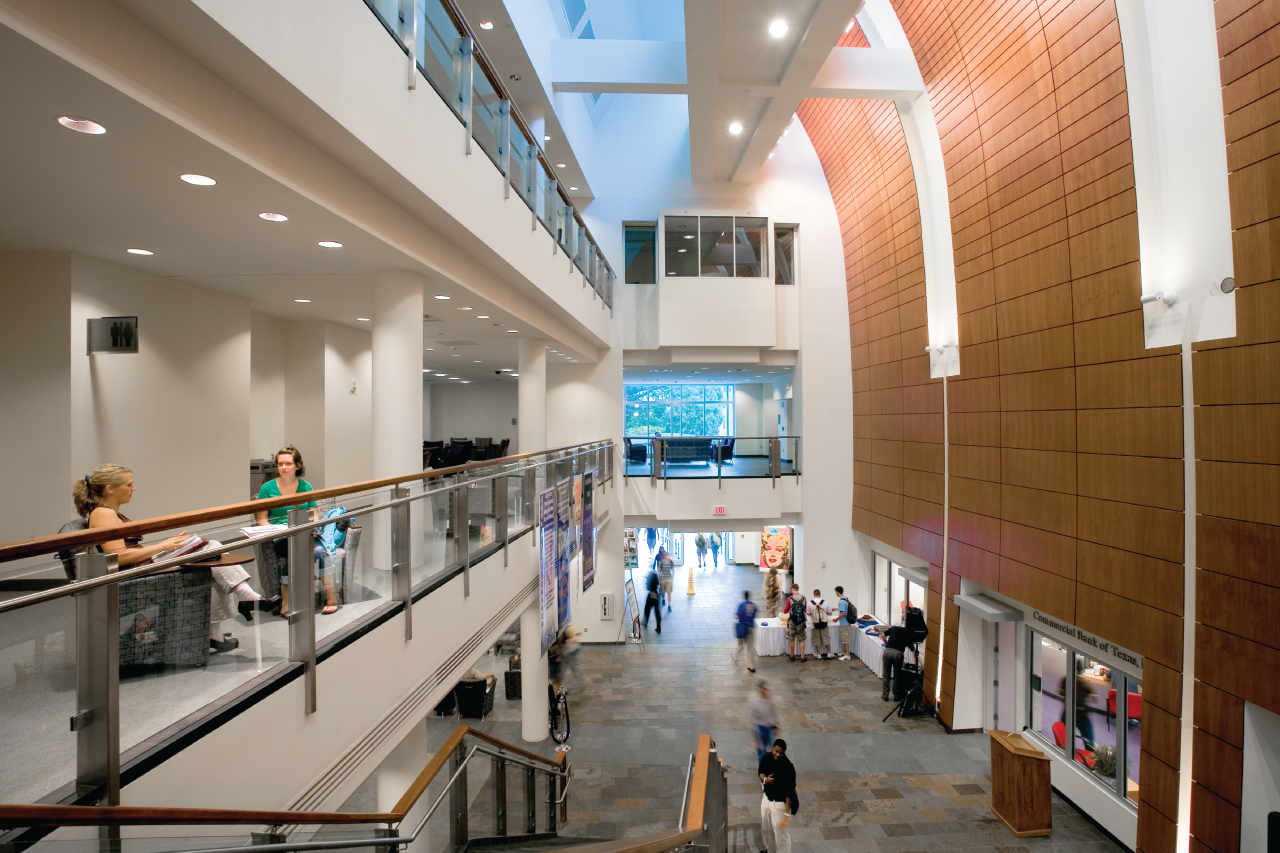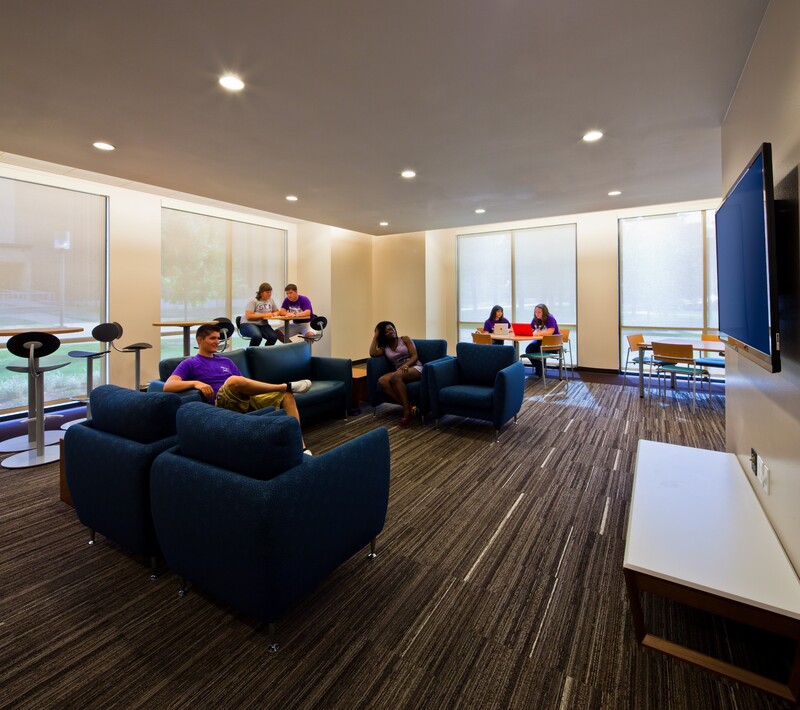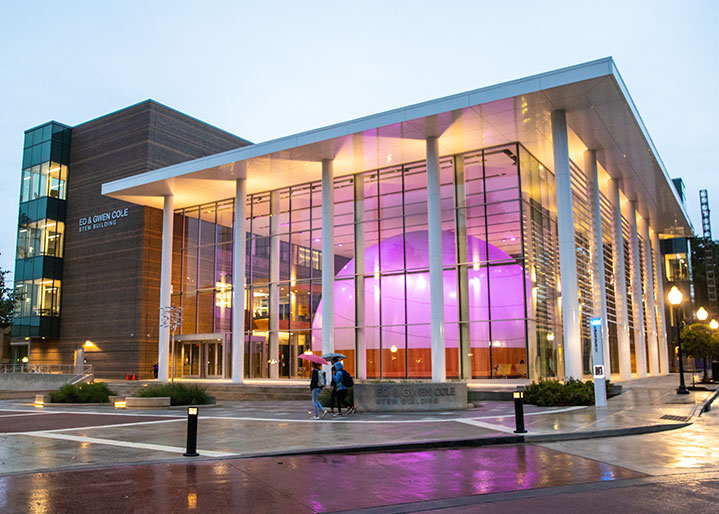stephen f austin university interior design
Related Articles: stephen f austin university interior design
Introduction
In this auspicious occasion, we are delighted to delve into the intriguing topic related to stephen f austin university interior design. Let’s weave interesting information and offer fresh perspectives to the readers.
Table of Content
Shaping Environments: An Exploration of Interior Design at Stephen F. Austin State University

Stephen F. Austin State University (SFA) offers a comprehensive Interior Design program that prepares students to become skilled and creative professionals in the field. This program, embedded within the Department of Art and Design, equips students with a strong foundation in design principles, technical skills, and professional practices, enabling them to transform spaces into functional and aesthetically pleasing environments.
A Holistic Approach to Interior Design Education
SFA’s Interior Design program emphasizes a holistic approach, integrating theory and practice to foster well-rounded professionals. The curriculum encompasses a wide range of subjects, including:
- Design Fundamentals: Students delve into the foundational principles of design, exploring elements like color, form, texture, and space, and their application in creating visually appealing and harmonious environments.
- History and Theory: A deep understanding of design history and theory provides students with a contextual framework for their work, allowing them to analyze and appreciate diverse design styles and movements.
- Technical Skills: The program equips students with essential technical skills in areas such as drafting, 3D modeling, and rendering, enabling them to translate design concepts into tangible plans and visualizations.
- Building Systems and Construction: Students gain knowledge about building codes, materials, and construction techniques, fostering a comprehensive understanding of the technical aspects of interior design.
- Professional Practices: The program emphasizes ethical considerations, business practices, and communication skills, preparing students for the realities of the professional design world.
Beyond the Classroom: Experiential Learning Opportunities
SFA’s Interior Design program extends beyond the classroom through a variety of experiential learning opportunities. Students participate in:
- Studio Projects: Through studio projects, students apply theoretical knowledge to real-world design challenges, developing their creative problem-solving abilities and design thinking skills.
- Field Trips: Excursions to museums, galleries, and design firms provide students with firsthand exposure to diverse design approaches and industry trends, broadening their perspectives and understanding of the field.
- Internships: Internship opportunities allow students to gain practical experience in professional design settings, working alongside experienced designers and applying their skills to real-world projects.
Faculty Expertise and Industry Connections
The SFA Interior Design program is guided by a dedicated faculty of experienced professionals, who bring a wealth of knowledge and industry connections to the classroom. Faculty members are actively involved in the design community, serving as mentors and advisors, providing students with invaluable insights and opportunities for professional development.
A Focus on Sustainability and Inclusivity
Recognizing the growing importance of sustainability in the design industry, SFA’s Interior Design program integrates principles of environmental responsibility into its curriculum. Students learn about sustainable materials, energy-efficient design strategies, and responsible sourcing practices, preparing them to create spaces that minimize environmental impact.
The program also prioritizes inclusivity, fostering a diverse and welcoming learning environment. Students from diverse backgrounds are encouraged to share their perspectives and experiences, enriching the learning process and fostering a deeper understanding of the human experience in the built environment.
Career Pathways for Interior Design Graduates
Graduates of SFA’s Interior Design program are well-prepared for a variety of career paths, including:
- Residential Interior Designer: Working with clients to design and decorate homes, creating personalized spaces that reflect their individual needs and aesthetic preferences.
- Commercial Interior Designer: Designing office spaces, retail environments, hospitality venues, and other commercial spaces, focusing on functionality, aesthetics, and brand identity.
- Healthcare Interior Designer: Creating healing and supportive environments within healthcare facilities, considering factors such as accessibility, comfort, and patient well-being.
- Sustainable Interior Designer: Specializing in designing spaces that minimize environmental impact, incorporating sustainable materials, energy-efficient technologies, and responsible sourcing practices.
- Universal Design Specialist: Focusing on creating spaces that are accessible and usable by people of all abilities, promoting inclusivity and accessibility in the built environment.
Frequently Asked Questions about SFA’s Interior Design Program
Q: What are the admission requirements for the Interior Design program at SFA?
A: Applicants to the Interior Design program at SFA must meet the university’s general admission requirements and submit a portfolio demonstrating their artistic abilities and design skills.
Q: What is the duration of the Interior Design program at SFA?
A: The Interior Design program at SFA is a four-year bachelor’s degree program.
Q: What are the career opportunities available to graduates of the Interior Design program at SFA?
A: Graduates of the Interior Design program at SFA are prepared for a wide range of career opportunities in the field, including residential and commercial interior design, healthcare interior design, and sustainable design.
Q: What are the benefits of studying Interior Design at SFA?
A: Studying Interior Design at SFA provides students with a comprehensive education in design principles, technical skills, and professional practices, preparing them for successful careers in the field. The program offers a strong emphasis on experiential learning, faculty expertise, and industry connections, providing students with valuable opportunities for professional development.
Tips for Prospective Interior Design Students
- Develop your artistic skills: Engage in drawing, painting, and other creative activities to cultivate your artistic abilities.
- Explore different design styles: Research and learn about various design styles and movements to broaden your understanding of the field.
- Build your portfolio: Create a portfolio showcasing your design skills and projects, demonstrating your creativity and technical abilities.
- Network with industry professionals: Attend design events, connect with designers online, and seek mentorship from experienced professionals in the field.
- Stay up-to-date on industry trends: Read design publications, follow industry leaders on social media, and attend design conferences to stay informed about current trends and innovations.
Conclusion
SFA’s Interior Design program offers a comprehensive and dynamic educational experience, equipping students with the knowledge, skills, and professional connections needed to thrive in the design industry. Through a combination of theoretical instruction, practical applications, and experiential learning opportunities, the program fosters creativity, innovation, and a commitment to creating spaces that enhance the human experience. By embracing a holistic approach to design education, SFA prepares students to become skilled, adaptable, and ethical professionals, shaping the built environment for generations to come.








Closure
Thus, we hope this article has provided valuable insights into stephen f austin university interior design. We appreciate your attention to our article. See you in our next article!